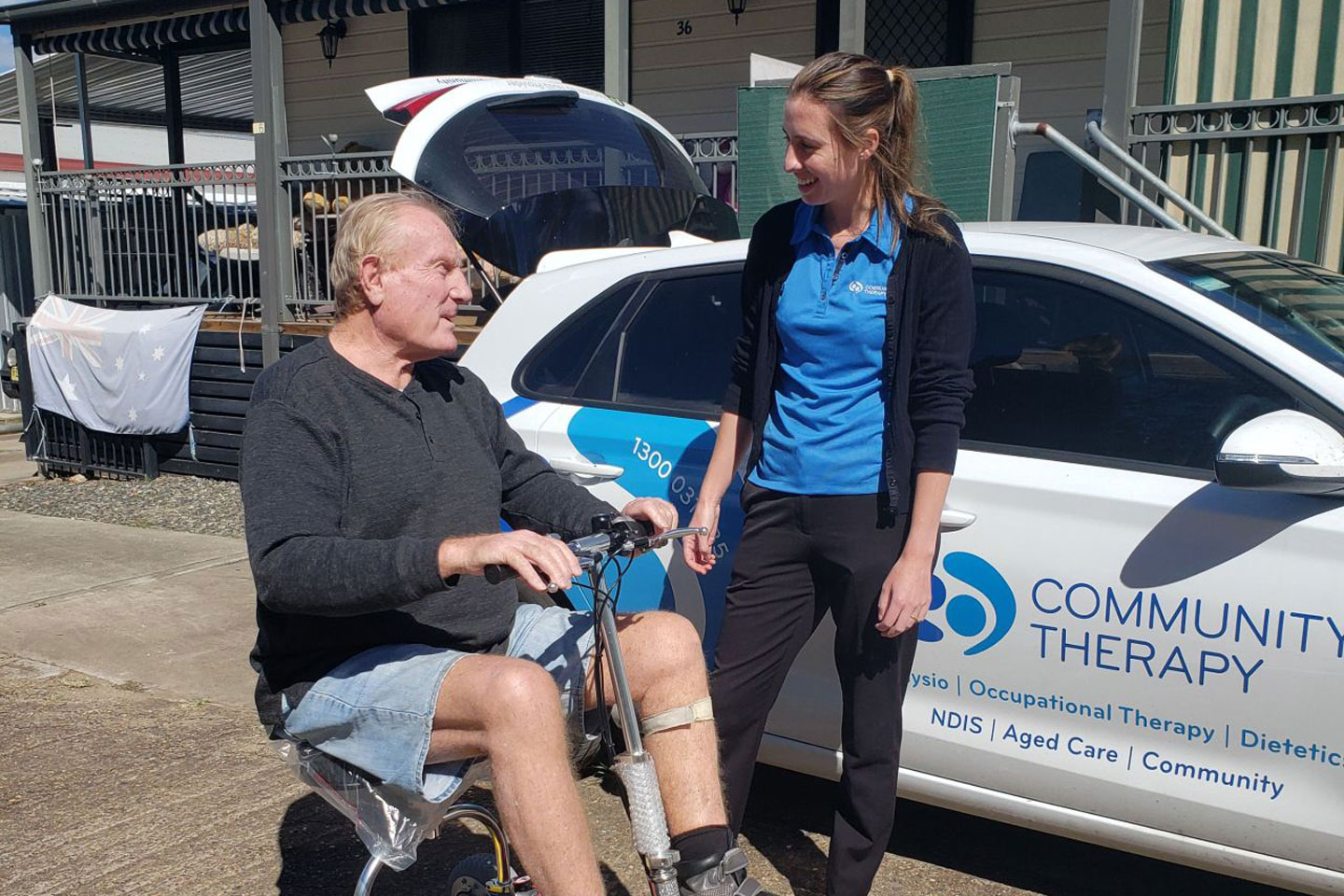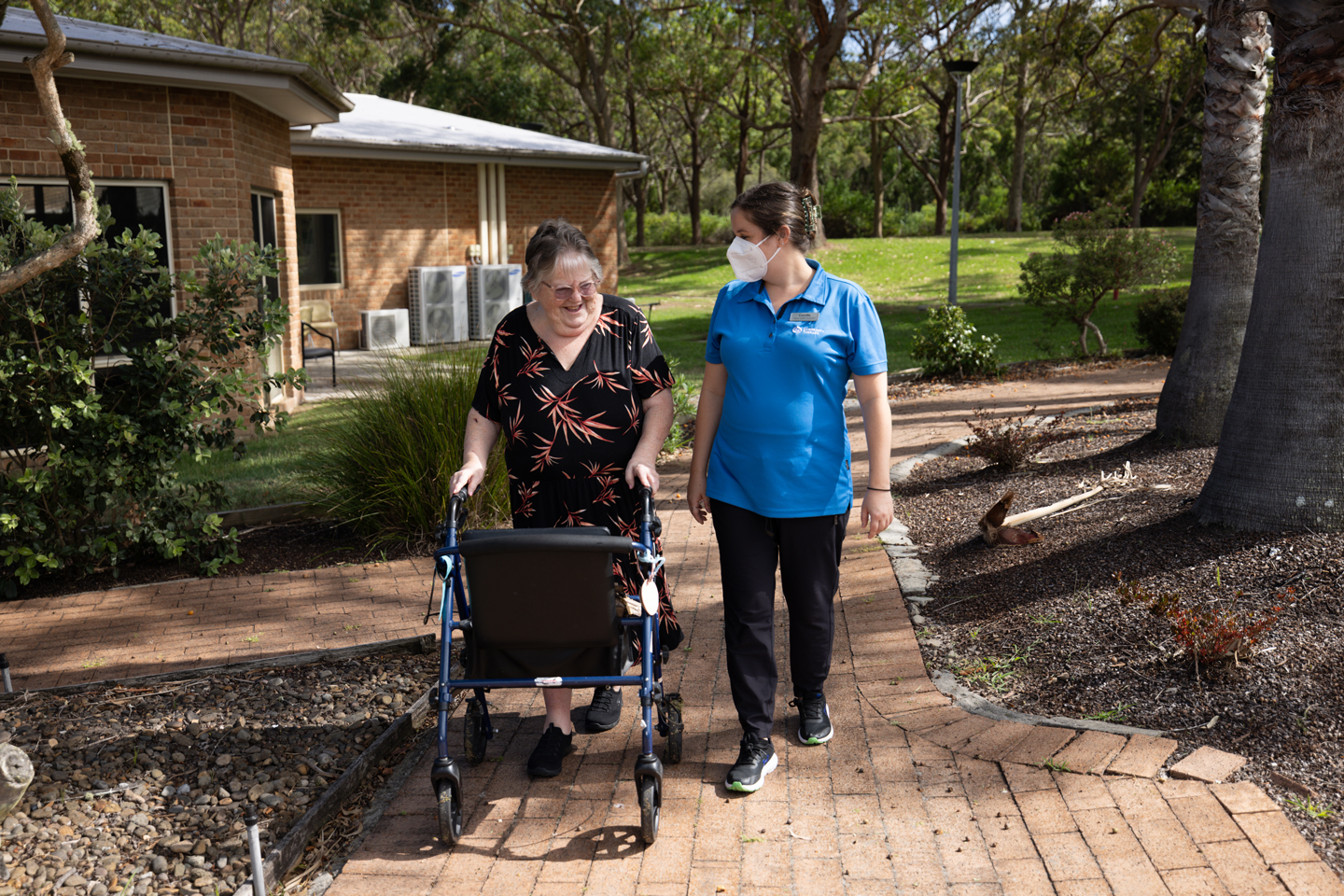Who Can Access Occupational Therapy
Our Occupational Therapists (OTs) help people obtain assistive equipment, home modifications and also to improve their functional capacity with therapy.
We support clients under the following funding schemes:
- NDIS
- Home care package program
- Commonwealth home support program
- Short Term Restorative Care
- Life time care and support
- Private paying individuals
We provide mobile services across the Central Coast, Newcastle, Hunter and Port Stephens.
Mobile Occupational Therapy Service
What Our Occupational Therapists Do
Our Occupational Therapists are mobile, meaning they visit clients at their home.
Our Occupational Therapy team are highly skilled at:
- Equipment and assistive technology prescription
- Home modifications (both major and minor)
- Skill building and therapy
We are NDIS registered which means that our Occupational Therapists are able to support NDIS participants that are self-managing, plan managing or agency managing their NDIS plan.
We also partner with approved aged care providers, including home care package, commonwealth home support programme, short term restorative care and residential aged care providers.

University Trained, Professional Occupational Therapists
All of Community Therapy’s Occupational Therapists are AHPRA registered and are required to complete 30 hours a year of mandatory professional development to maintain their registration.
Staff also undertake NDIS specific courses on home modifications, prescribing equipment and completing AT request forms for the NDIS.
Community Therapy also hosts in house OT training sessions that are prepared by our clinicians or external presenters each week.








